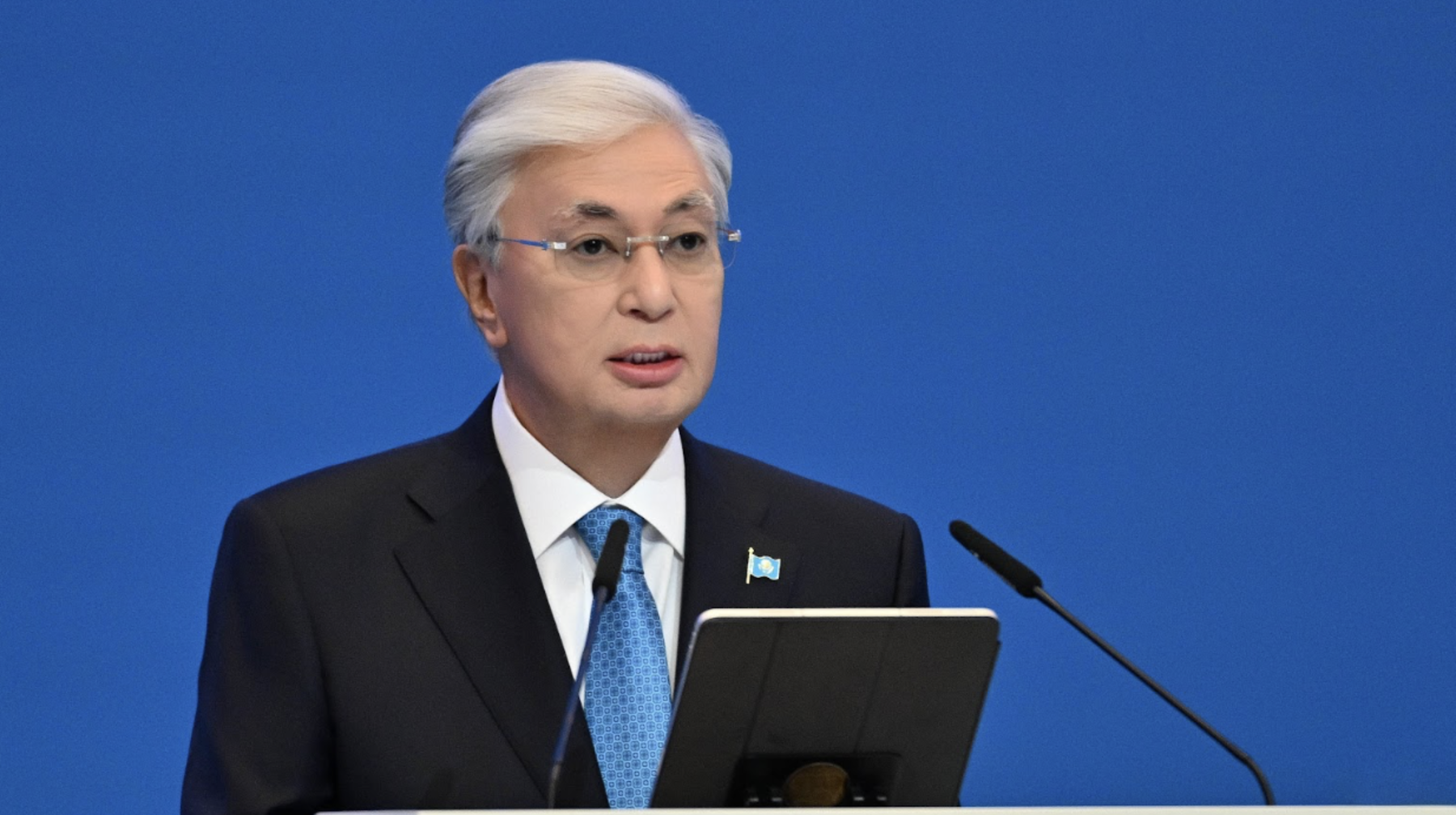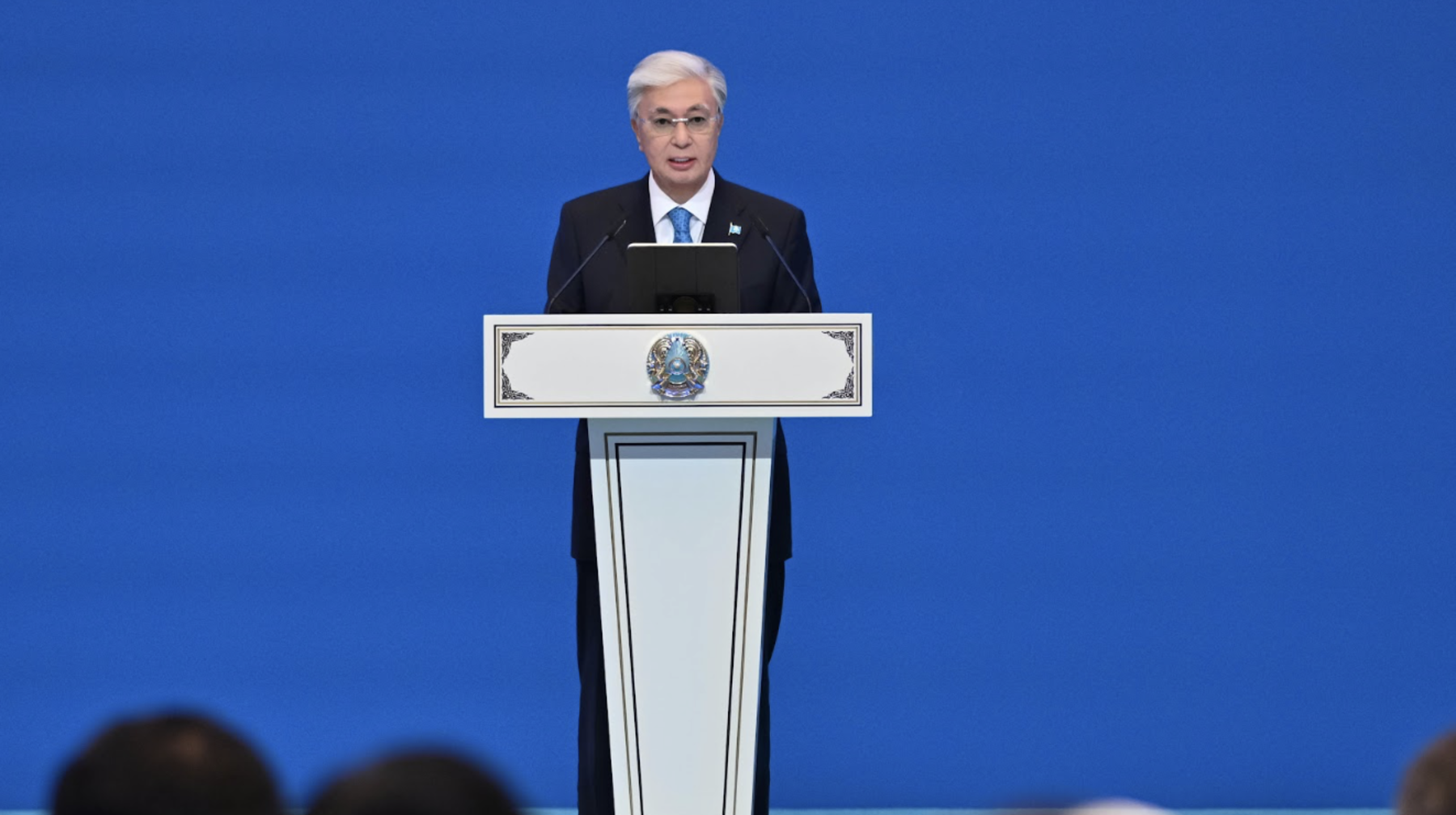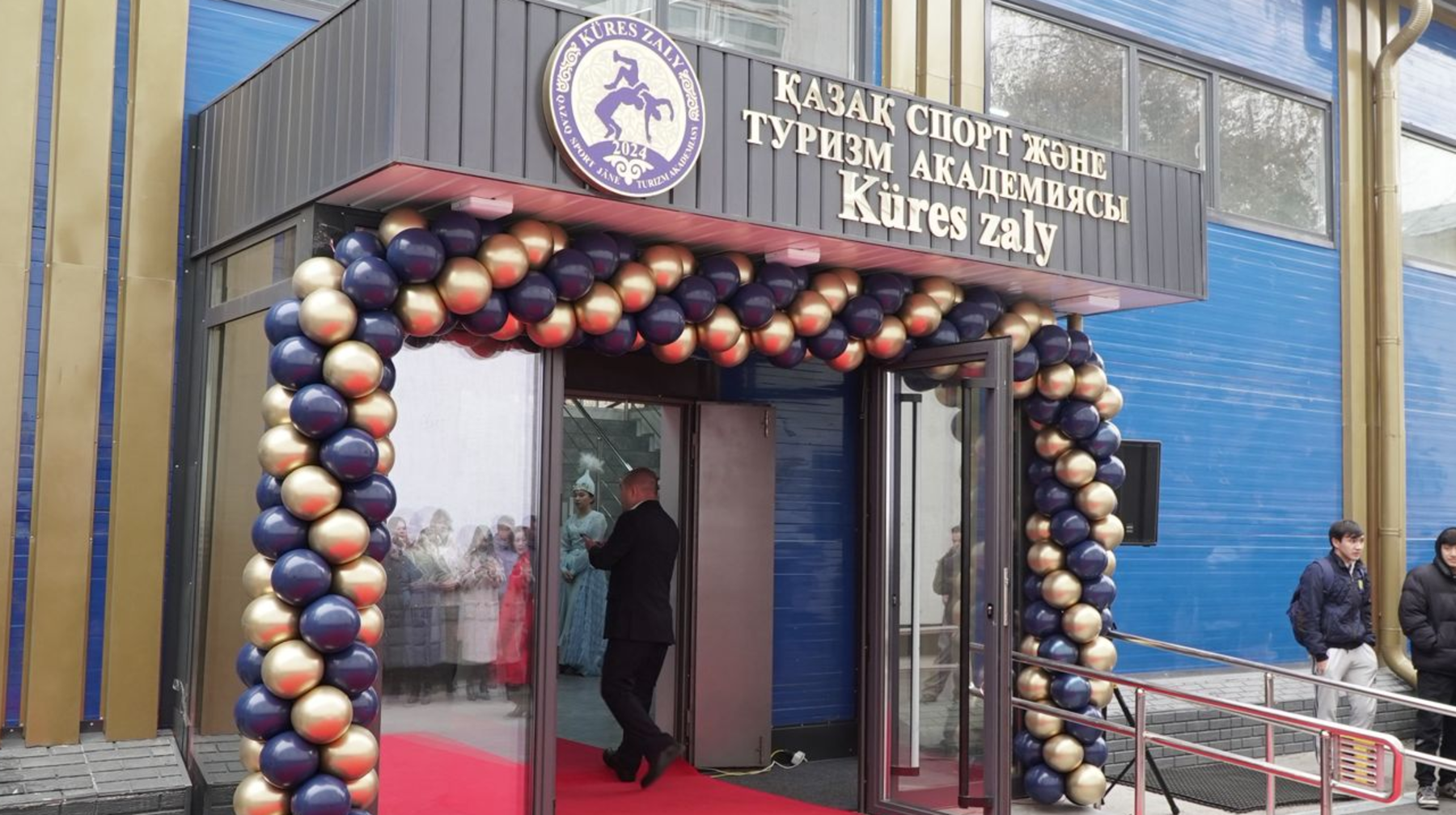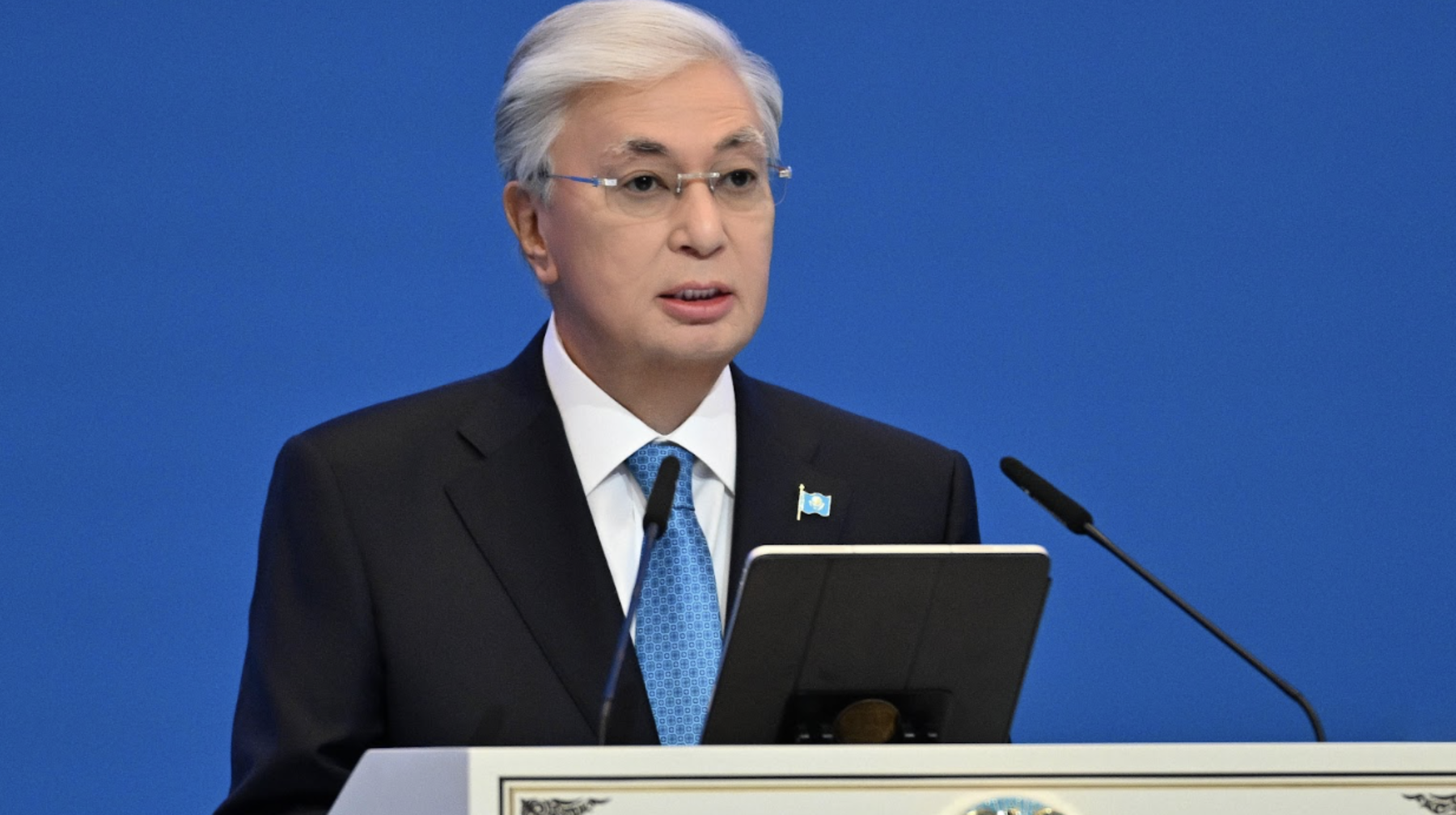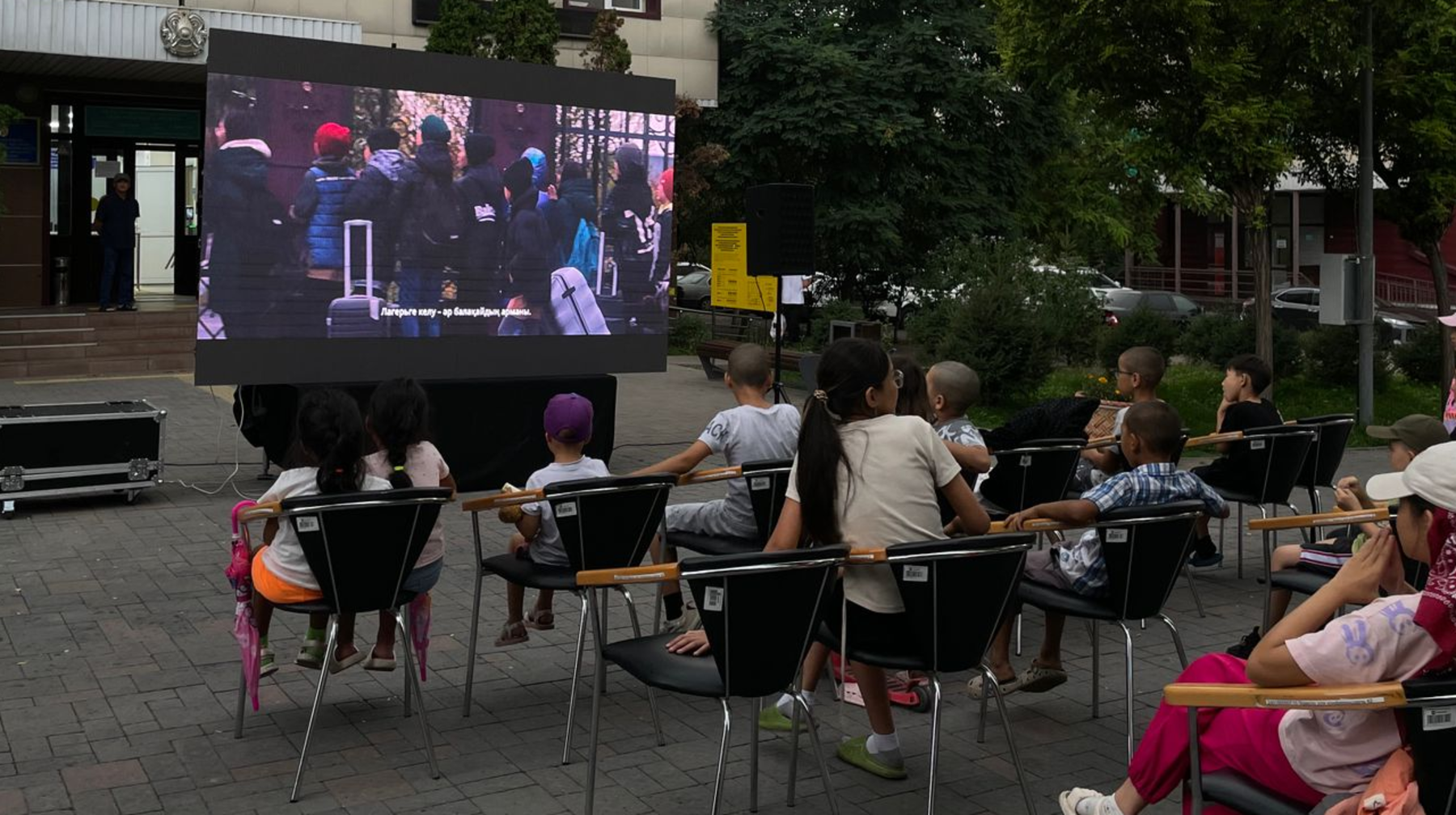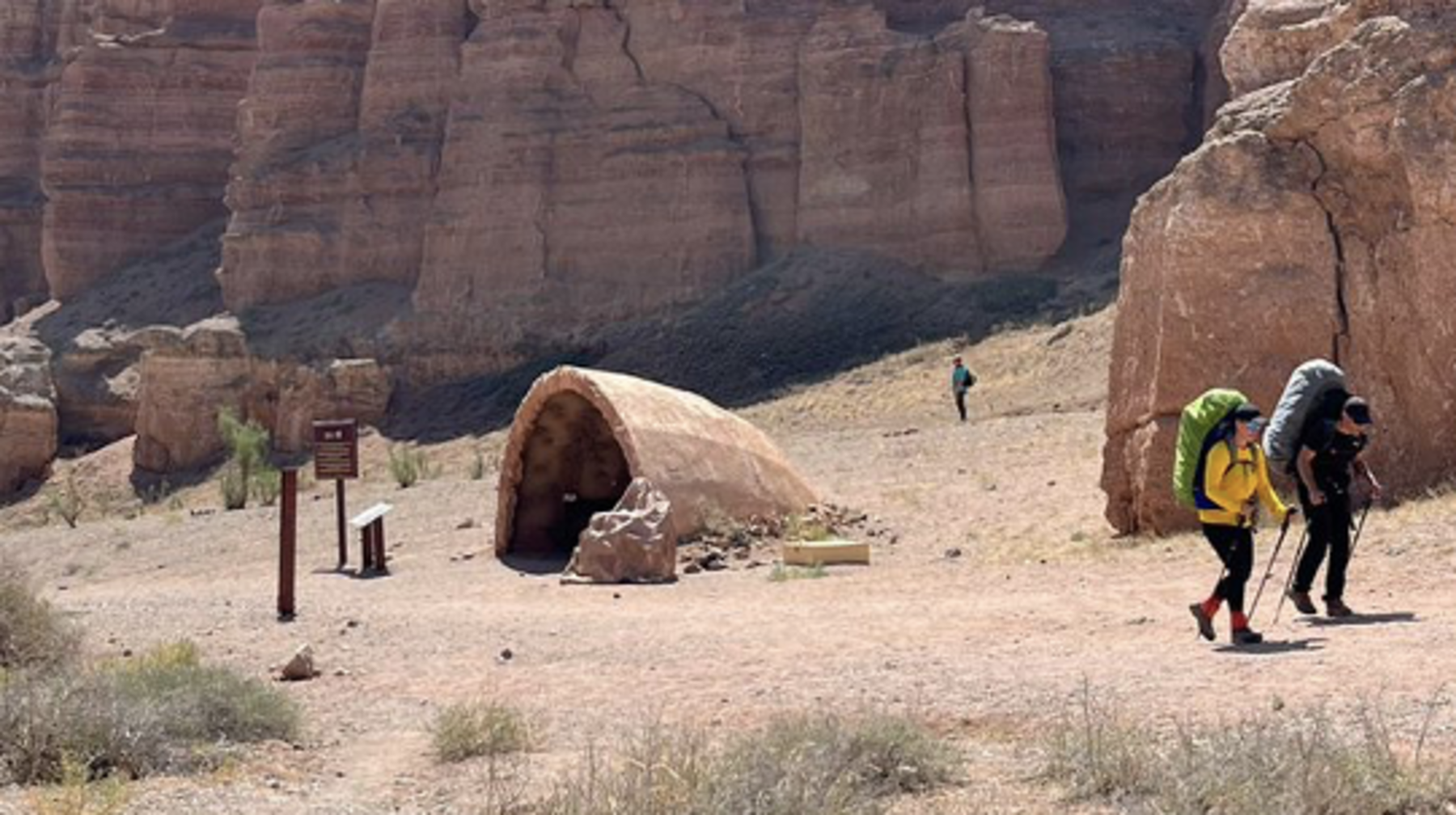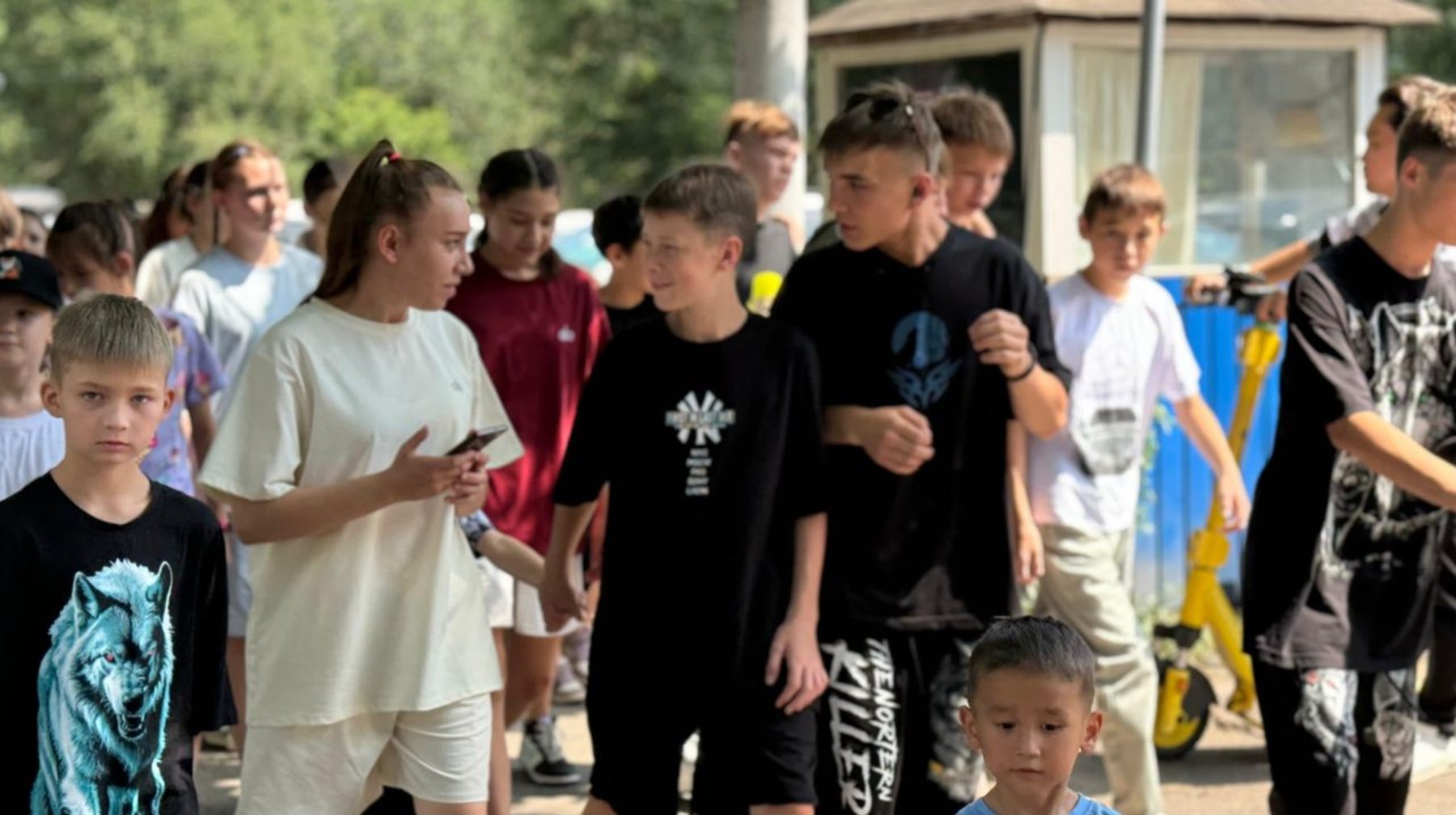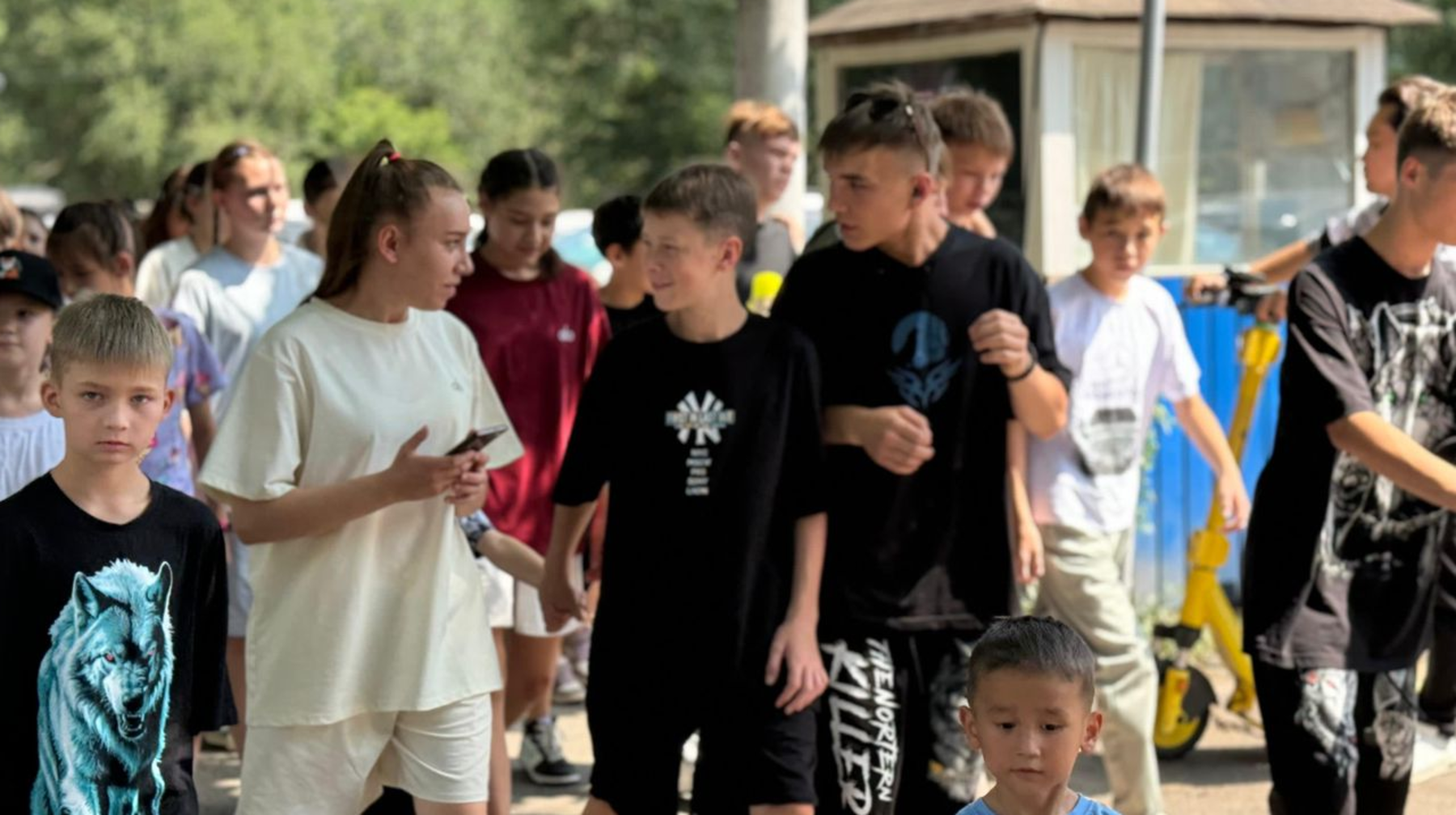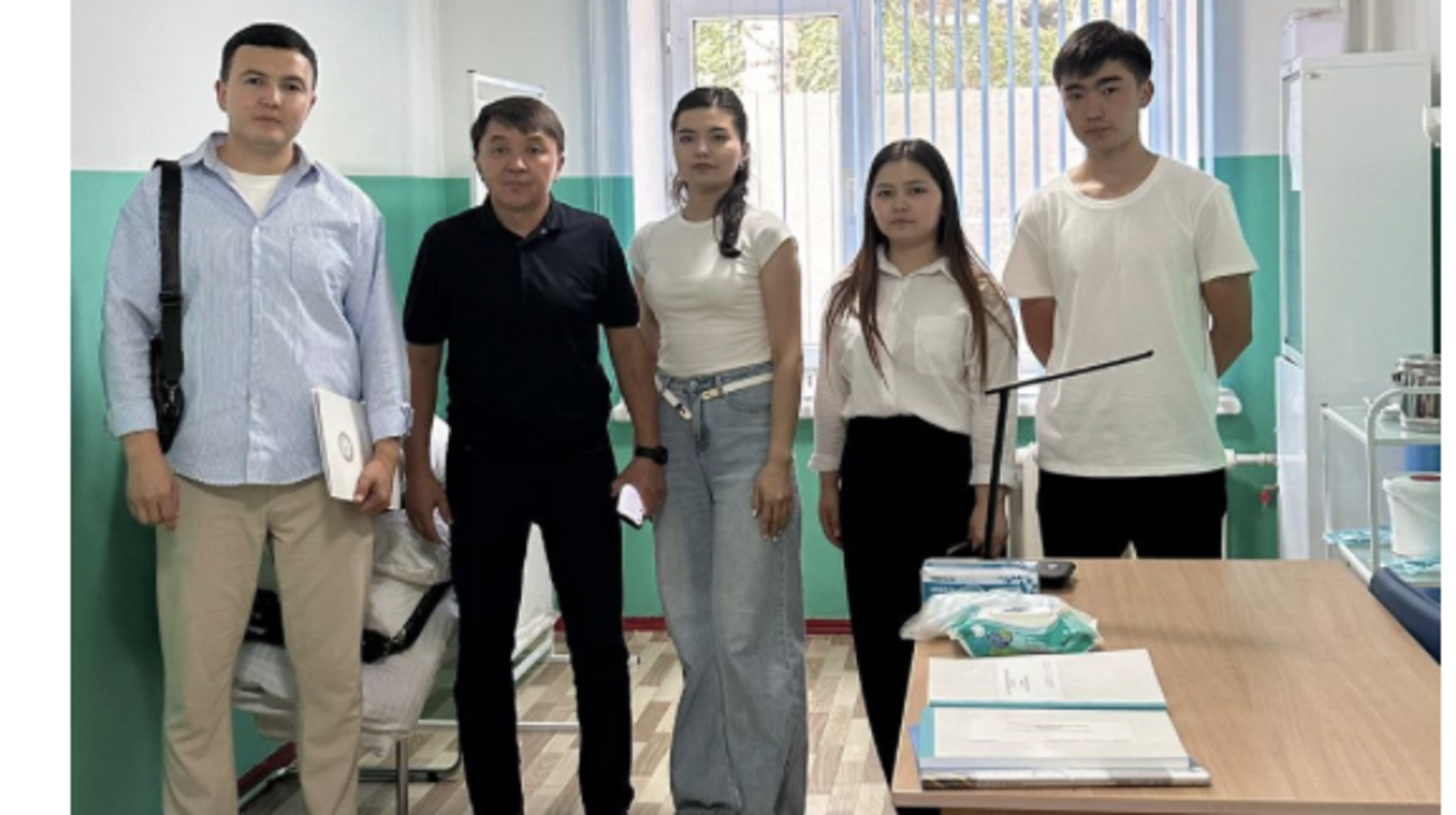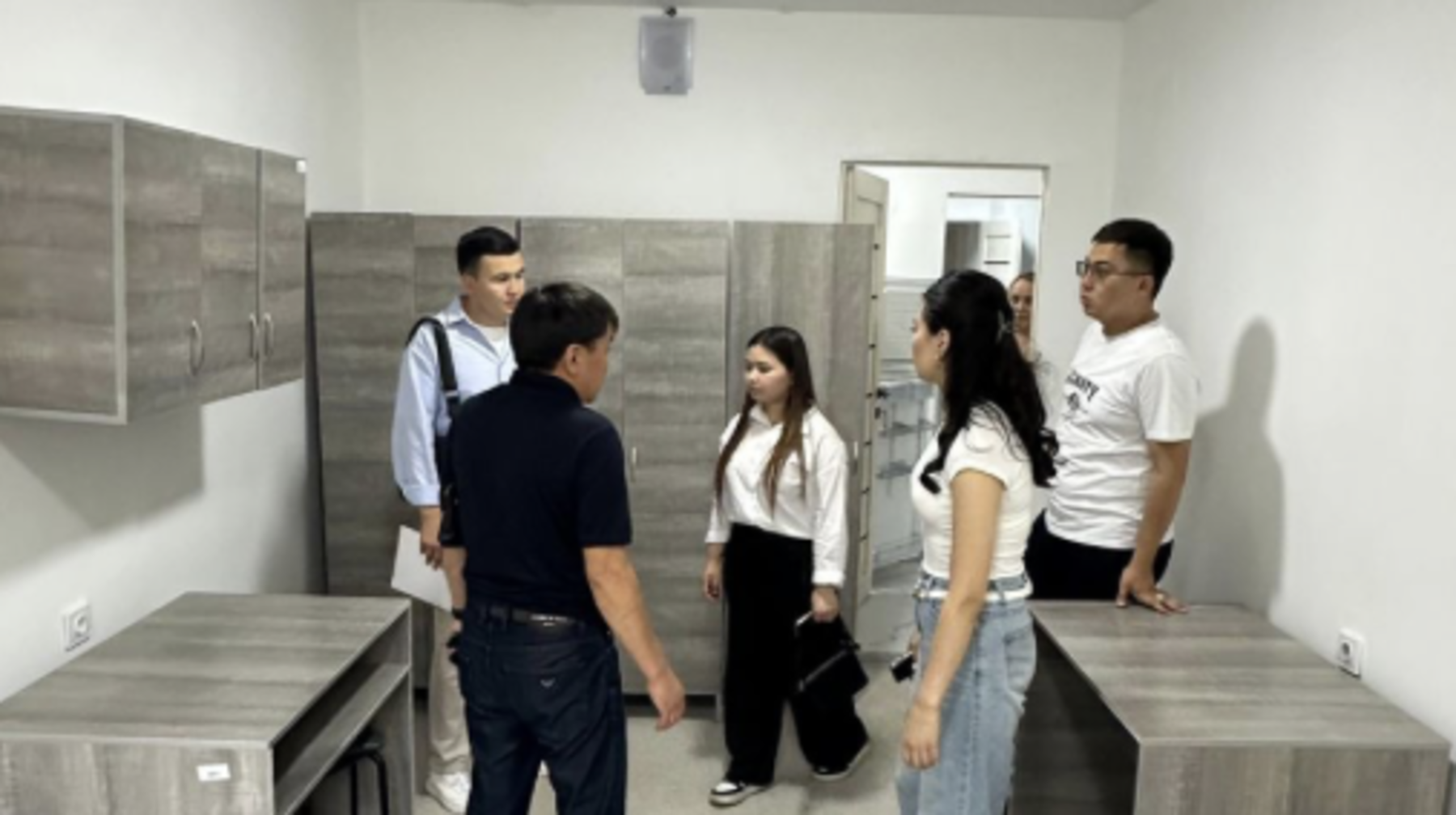The International Forum of Strategic Partners “Kazakhstan – A Territory of Academic Knowledge” was held in Astana with the participation of the President of the Republic of Kazakhstan, Kassym-Jomart Tokayev.
During the forum, the Head of State emphasized that education and science are key strategic sectors that know no borders and unite nations around the world. According to him, the forum itself serves as a vivid example of this principle.
“This is indeed a very important event — a unique platform where valuable ideas are voiced and forecasts for the development of global education and science are formed. Since yesterday, meetings have been taking place in Astana with the participation of leaders and representatives of the world’s leading universities, fostering intensive exchange of opinions. Internationally recognized scholars and experts are discussing pressing issues here in our capital. Today, heads of prestigious global universities are sharing their profound insights with us. I express my sincere gratitude to all of you,”
— said President Kassym-Jomart Tokayev.
Minister of Science and Higher Education Sayasat Nurbek presented a number of concrete measures undertaken by the Ministry to drive the deep transformation of both the national and global educational ecosystems.
“Kazakhstan is developing a network of 40 branches of foreign universities, 85% of which focus on high-tech fields such as artificial intelligence, computer engineering, cybersecurity, natural and technical sciences, nuclear physics, and other in-demand specializations. This enables students to receive an international-quality education within the country. These university branches also attract investment and promote academic tourism.
Today, 31,500 international students are studying in Kazakhstan — a historic record. For the first time, the number of students from Asia has exceeded that of students from the CIS. By 2029, we aim to increase their number to 100,000,” — said Sayasat Nurbek.
During the forum, it was noted that a Council of Strategic Partners has been established to ensure institutional cooperation and joint decision-making on key issues. To date, three sessions of the Council have been held.
Nunzio Quacquarelli, President and Founder of Quacquarelli Symonds (QS, United Kingdom), spoke about the impact of artificial intelligence on the labor market and highlighted the growing number of Kazakhstani universities included in the QS rankings. According to him, Kazakhstan is demonstrating significant progress in internationalization and scientific competitiveness. Moreover, five Kazakhstani universities have entered the list of the world’s top institutions published by Times Higher Education.
“QS intends to collaborate with Kazakhstan in developing a predictive model for future professions and advancing a knowledge- and innovation-based economy,” — he noted.
Professor Wendy Larner, President of Cardiff University (United Kingdom), emphasized the strategic importance of partnership with Kazakhstan in education and artificial intelligence. She noted that Cardiff is the first university from the prestigious Russell Group to open a campus in Kazakhstan. The new Cardiff University Kazakhstan campus will serve as a hub for training future specialists in AI, biotechnology, and medicine.
Professor Peng Duan, President of the Beijing Language and Culture University (BLCU), stressed the importance of education as a tool for building trust between nations. He highlighted the opening of the BLCU branch at Astana International University — the first center of Chinese language education in Central Asia.
“Language and culture are keys to mutual understanding and the diplomacy of trust between countries,” — emphasized Professor Peng Duan.
Anatoly Torkunov, Rector of Moscow State Institute of International Relations (MGIMO), noted that Kazakhstan is a reliable partner and ally for Russia in the field of education. He underlined the strategic importance of opening the MGIMO branch in Astana and expressed confidence that it will become an important step toward creating a common educational space and training the leaders of the future.
Yerbol Isakayev, Rector of M. Kozybayev North Kazakhstan University, shared the experience of modernizing academic cooperation with the University of Arizona, which has led to joint research projects in agriculture. He presented how a regional university can successfully establish a center of academic and research excellence.
In his closing remarks, President Kassym-Jomart Tokayev thanked all participants for their substantive contributions, constructive proposals, and strong commitment to joint work. The Head of State stressed that Kazakhstan will continue to comprehensively develop its universities.
“Strong universities are true factories of the future — where ideas are born, barriers are overcome, and the contours of a more just and harmonious world take shape. Universities strengthen trust and cooperation between nations and promote the diplomacy of shared values. Student communities, research collaborations, and academic partnerships formed within universities become drivers of change not only in education and science but also in the economy, social life, and even politics.
The outstanding Kazakh scholar Kanysh Satpayev once said: ‘A true scientist dedicates his entire life to serving his people and all humanity.’ Indeed, the primary mission of science is to serve humanity. I firmly believe that scientific progress must contribute to the advancement of the global community.
Science and knowledge are powerful tools that continue to evolve, unlocking boundless opportunities. I am confident that cooperation in this field will significantly expand Kazakhstan’s educational and scientific landscape and give a new impulse to the development of academic diplomacy,” — said the President.
In conclusion, the Head of State emphasized that Kazakhstan is home to many talented, capable, and intellectually gifted citizens. He noted that the ongoing reforms are paving the way toward a bright future and reaffirmed that Kazakhstan will continue building a Fair, Honest, Safe, and Strong Nation, grounded in education and science. The President paid special tribute to the contribution of strategic partners, as well as educational and research institutions, which help expand the horizons of science and strengthen the nation’s greatest asset — its human capital.
The Forum was attended by heads of foreign partner universities, representatives of international accreditation and ranking agencies, and members of the diplomatic corps. Among the speakers were Kim Song Kyung, Chairman of the Board of Trustees of the Woosong Educational Foundation; Vladimir Shevchenko, Rector of MEPhI; Ben Nelson, President of Minerva University; and Elchin Babayev, Rector of Baku State University.
